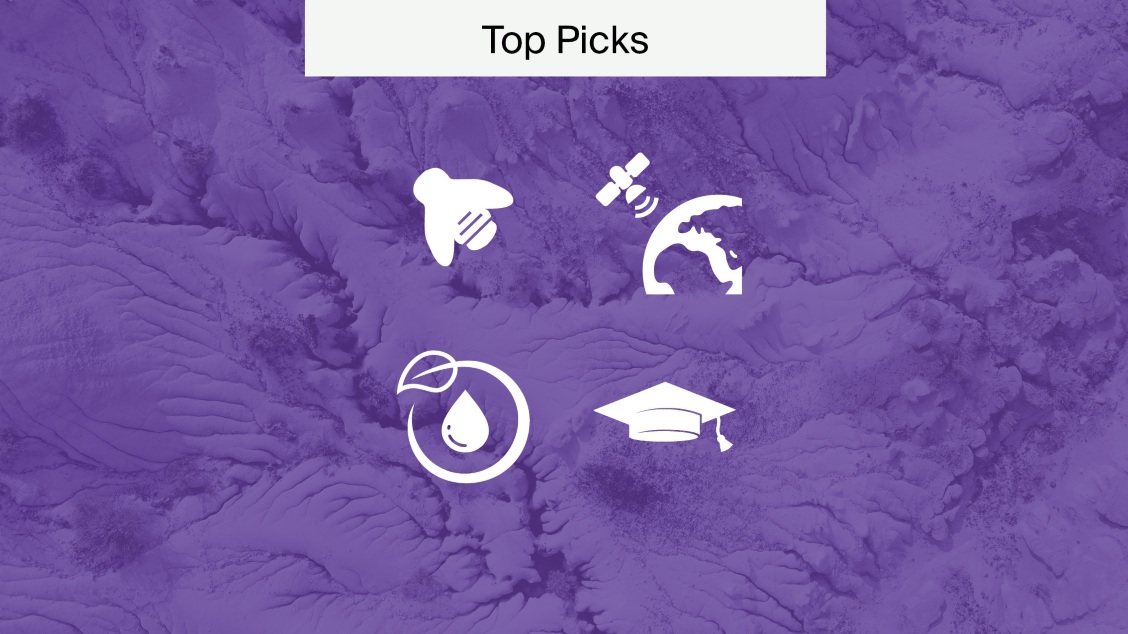
How Consumer Behaviour is Changing
Consumer behaviour has a bigger influence than you’d expect. Money spent by consumers accounts for 60% of global GDP. When consumers spend, economies grow; and when they don’t, economies shrink. Despite this, social sciences are often neglected. Here, we look at the research that tells us how consumer behaviour is changing.
Why study consumer behaviour?
As mentioned, consumer spending accounts for 60% of global GDP. As such, governments and companies rely on consumer spending as the foundation for economies and societies.
If people are spending less, then this sends ripples through society. Demand for goods and services fall, which squeezes company profits, the labour market, investment, and more.
Social sciences and particularly microeconomics bring back the human element to studying economic issues, focusing on our behaviours. Studying behaviour is key because, despite us all having the same basic needs, like eating, drinking, and warmth, we all fulfil them differently. These preferences for things like food or clothing are essential ways of expressing ourselves.
In short, this study shows that, when consumer behaviour changes, it sends ripples through society that we can analyse.
European consumer behaviour
An article in Sustainability looks at consumer behaviour from 2004 to 2019 in Europe. During this time, consumer spending in European households generally increased. ‘Generally’ is key here. When we have a pattern, exceptions are important.
Greece experienced a debt crisis beginning in 2009. The study shows that spending declined in most categories for Greek households. This included declines in spending on clothing, footwear, home furnishing, and housekeeping. Health-related spending also decreased. Because of the economic hardship, people had to dedicate more than double the share of their money to immediate essentials like food and accommodation than they did before.
By focusing on the microeconomics, we see how a debt crisis impacts the livelihoods of ordinary people.
Spending, sustainability, and social sciences
During this period, spending generally increased on household energy use, transportation, and food across Europe. These represent many of the most polluting domains. So, we face the challenge of adopting more sustainable consuming habits.
When we discuss climate change, it’s often related to the natural sciences. We assume that, if we work out the causes, impacts, and remedies for climate change, then governments and their citizens will change their behaviours to fix the problem. But it’s not so simple.
Social sciences can help us approach climate change, and other similarly encompassing issues, as global social challenges that require deeper understandings of attitudes, norms, incentives, and politics.
Consumer behaviour is changing
Let’s delve into the exciting work MDPI researchers are doing in the social sciences. We’ll look at how consumer behaviour is changing, which can provide insights into how society could change.
Cash versus card
An article in Economies looks at the gradual increase in electronic payments and how they are replacing cash. In 2019, furthered by the 2008 financial crisis and increasing digitalisation in society, physical cash use decreased by 60% over the previous 8 years.
The benefits of digitalising money include saving physical resources (not using paper cash), reducing the circulation of wasted or destroyed cash, reducing emissions from the transportation of money to and from banks, and saving energy in ATMs.
Moreover, it supports the user too. Cards are praised for their ease of use, convenience, security, reliability, and simplicity, among other things.
Concerns about card payments
However, the study explains, there are concerns about relying on card payments.
The authors highlight how some users are concerned about the large amounts of data that electronic payments generate, and the security of this. Data leaks happen, and these can reveal intimate details about people’s personal lives and even information that can enable thieves to access their money.
Moreover, other authors have raised concerns about overconsumption that stems from one of electronic payments’ main benefits: its ease of use. But why is overconsumption bad? We are currently using the planet’s resources at a rate 1.7 times faster than it can regenerate, and the population is rising. Why can’t we stop shopping?
Recreational shopping
An article in Social Sciences explores how online shopping has become a form of entertainment. They use the definition of a ‘recreational shopper’ as a consumer who enjoys shopping as a leisure activity. These shoppers spend more time online shopping, taking pleasure in the process and experience, and are more impulsive in making unplanned purchases.
The authors describe how this is fuelled by curiosity, and incorporates imaginative elements, as the shoppers imagine themselves with the products or services, like wearing certain clothing items. Basically, they highlight how online shopping can have positive emotional benefits that make it resemble “a playful experience”.
This is a case in which consumer behaviour is changing. Browsing stores in a city centre or shopping malls is digitalised. Shoppers get the experience without having to travel or feeling pressure to spend money. Online shopping is an experience in itself, and it’s continuing to evolve even more.
Live shopping
Another article in Sustainability explores livestream shopping, which is a new example of shopping as entertainment. Live shopping, the authors explain, “is a marketing tactic in which a host, generally an influencer or celebrity, uses a live video to advertise a product”.
What the study reveals is that, when consumers experience a high level of enjoyment, they will be more willing to buy. As such, likeable, current online personalities are used to appeal to different demographics.
Moreover, live shopping appeals to the imaginative element described before as well as the shoppers’ emotions. If the host is someone a viewer likes, their demonstration of a product personally involves the viewer and lets them see it in practice.
Most importantly, though, this is a form of entertainment tethered to buying products.
Consumer behaviour and social sciences
As we’ve explored, consumer spending has a great influence on global GDP. And, as we saw with Greece, the state of the economy can drastically determine people’s lives. In short, consumers and economies influence each other in highly complex ways.
Consumer behaviour is changing. We’re seeing the rise in spending on unsustainable but arguably essential areas like food and energy use, the digitalisation of money, and online shopping developing as a form of entertainment.
MDPI values social sciences
Therefore, understanding consumer behaviour is an important part of understanding the world. That’s one reason why MDPI has a range of journals in the social sciences, including Social Sciences, Economies, and Psych, among others; see our full list of journals for more.
These developments will shape the climate, society, and individual’s lives in various ways, so understanding them and addressing them on these three levels is key. That’s what social sciences are for. See our article “Humanities and Social Sciences at MDPI” if you’re interested in learning more.











Hello,
Thank you for this informative article.
Warm regards,
Thank you for taking the time to read our article and leaving this comment.
All the best.
Very Useful content
Hi,
Thanks for taking the time to read our article and leaving your comment.
All the best.
After going through different blogs about consumer behavior, I navigated through various online platforms. This shift signifies more than just a change in purchasing habits; it reflects a transformation in how consumers perceive the act of shopping itself. The increasing prevalence of recreational shopping has implications for both businesses and consumers. Companies are adapting by enhancing their online shopping experiences to cater to this segment, integrating features that promote engagement and incentivize additional purchases. Meanwhile, consumers may benefit from a wider array of choices and personalized interactions, yet they must be cautious of potential financial repercussions from impulsive buying behaviors. Moreover, the intersection of consumer behavior and sustainability emerges as a critical area for exploration. As households become more aware of their environmental footprint, the challenge lies in reconciling enjoyment in shopping with responsible consumption. This highlights a need for ongoing research into how such behaviors evolve and their broader societal impact. The study of shifting consumer behaviors, especially in the context of digital payment and recreational shopping, provides valuable insights into not only economic patterns but also the lifestyle choices shaping our communities. Understanding these changes can guide effective strategies for businesses and policymakers alike as they navigate an ever-evolving marketplace.
Hello,
Thank you for reading the article and providing your interesting reflections. It is much appreciated.
All the best.